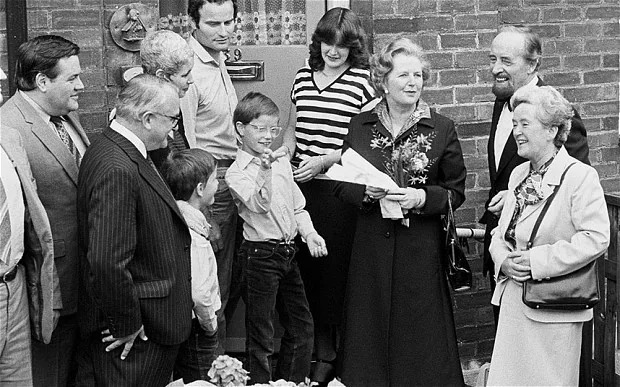
Since it's currently open season on the BBC, it's worth contrasting Priti Patel's remarks with her own government's Integrated Review of Security & Foreign Policy - which has some rather different things to say about the BBC & other institutions under ministerial attack. [THREAD]
https://twitter.com/TimesRadio/status/1396405140551344128
2. The Integrated Review describes the BBC (twice) as "the most trusted broadcaster in the world". Its global reach is cited, proudly, as evidence that Britain is a "soft-power superpower", with its "independent" journalism making the UK a champion of "press and media freedom". 

3. All that sits a little uneasily with a govt that was boycotting the BBC's main news outlets when the pandemic began, that's cut funding for the World Service & repeatedly accuses the BBC of left-wing bias. But that's one of many paradoxes in the Review. theguardian.com/media/2019/dec…
4. The Review also waxes lyrical about Britain's "world-class education" sector and the research done in British universities - again, as proof that the UK is a "soft-power superpower". But at home, not a week passes without another attack on universities in the "war on woke". 

5. The Review also positions Britain as a champion of "human rights", as part of its commitment to an "open international order". So it's odd to find the Prime Minister & Home Secretary laying into "human rights lawyers and other do-gooders" here in the UK lawgazette.co.uk/news/johnson-o…
6. If Johnson wants to ride on the success of the BBC, Britain's universities and the importance of human rights when projecting "leadership" abroad, he needs to stop trashing those institutions for domestic political advantage. Foreign policy, like charity, begins at home.
7. The full text of the Integrated Review can be found online here. The values it projects are in many cases admirable. But those values need to be lived at home, if they are to carry real weight abroad. [ENDS] gov.uk/government/pub…
• • •
Missing some Tweet in this thread? You can try to
force a refresh









